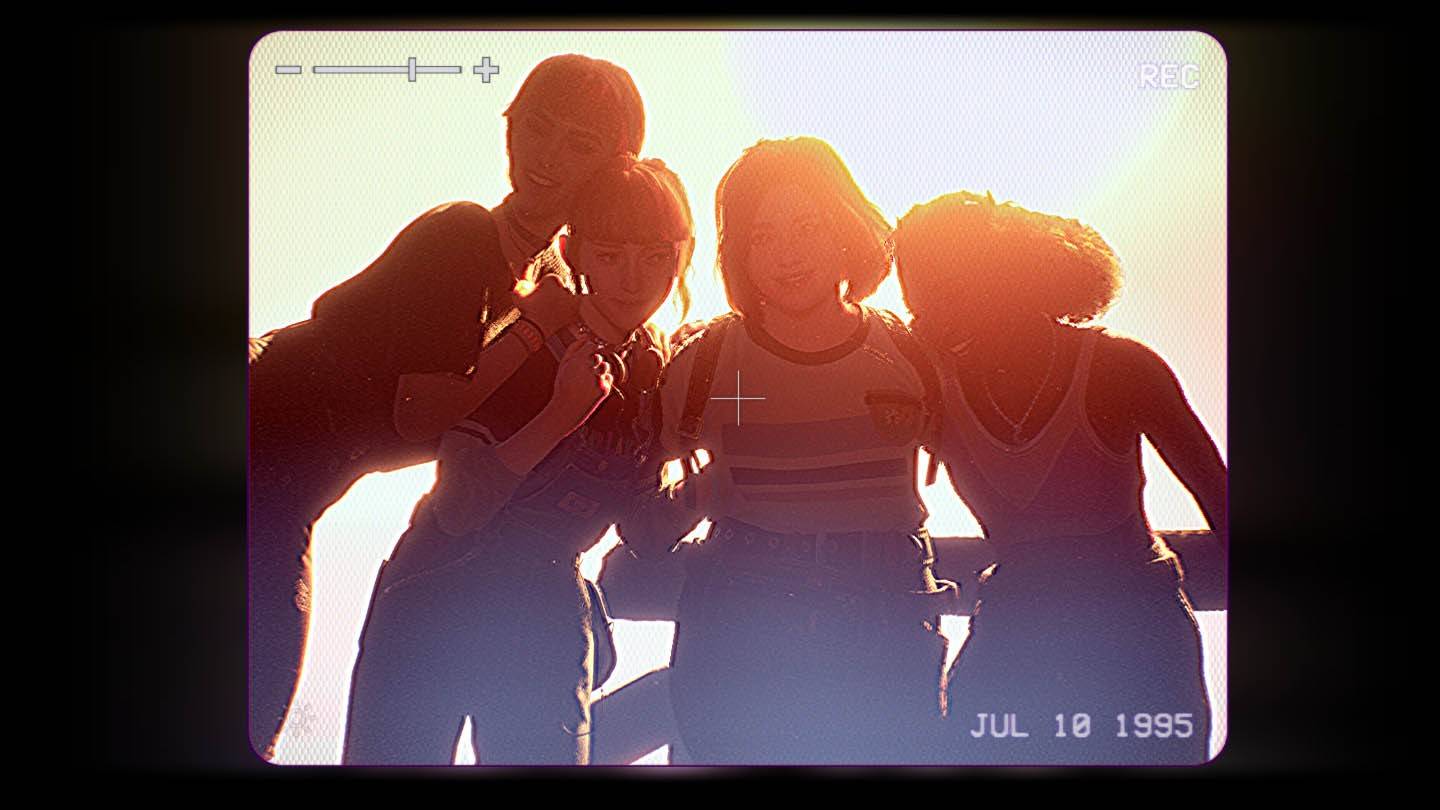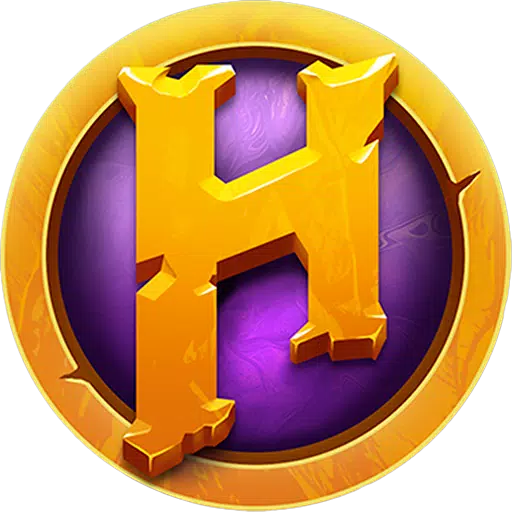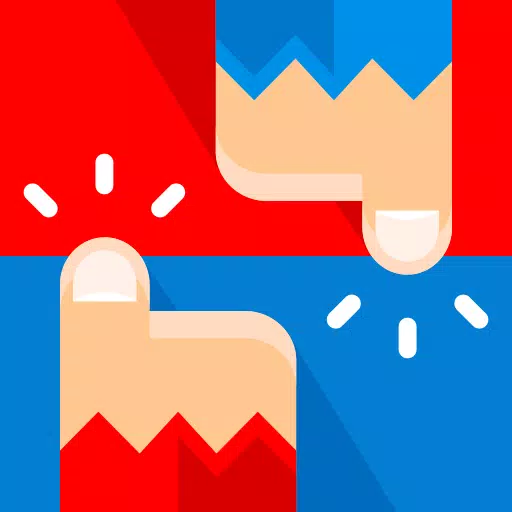EA's Origin app, launched in 2011 as a rival to Steam, is finally being replaced by the EA app. This transition, however, comes with significant drawbacks. The clunky user experience and frustrating logins that plagued Origin haven't been resolved, and users risk losing access to their purchased games if they don't actively transfer their accounts.
A particularly harsh aspect of this change is the discontinuation of support for 32-bit operating systems. While Steam also dropped 32-bit support earlier in 2024, this leaves a small number of users stranded. Although unlikely for recent PC owners, users with older 32-bit Windows systems (like some Windows 10 versions sold until 2020) will need to reinstall a 64-bit OS to access their EA games. A simple RAM check can determine if your system is 32-bit (maximum 4GB RAM).
This situation highlights concerns about digital ownership. Losing access to purchased games due to outdated hardware is frustrating, a problem not exclusive to EA, as Valve's Steam also dropped 32-bit support.
The issue extends beyond platform compatibility. Increasingly prevalent digital rights management (DRM) solutions, such as Denuvo, often require deep system access and impose arbitrary installation limits, further restricting ownership.
A viable alternative for preserving digital game libraries is GOG, which offers DRM-free games. Once downloaded, these games are playable on any compatible hardware, ensuring long-term access. While this approach opens the door to piracy, GOG continues to attract new releases, including the upcoming Kingdom Come: Deliverance 2.















